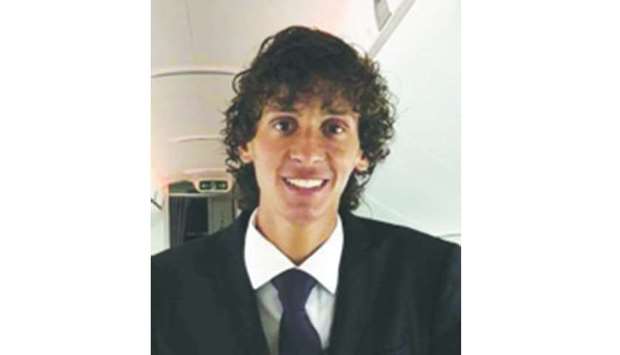The global aviation industry, shattered by the impacts of the ongoing pandemic, is now playing a critical role in delivering the billions of vaccine doses the world needs to fight Covid-19.
Airlines are using passenger jets for cargo-only flights, expanding cold-storage facilities to keep doses at their required temperature, and operating routes that have never been flown before (for example, Virgin Atlantic long-haul jets now regularly fly between the UK and Italy with cargo only in the passenger cabin).
IATA says that in the context of international travel, given the reduced impact of any imported cases, countries where vulnerable groups have been vaccinated should no longer require Covid-19 testing. Any residual quarantine measures should immediately be relaxed at this stage.
While IATA expects that a significant majority of international travellers will be willing to get vaccinated, Covid vaccination should not be a mandatory government requirement for international travel.
“As the risks of Covid to the local population reduce, imposing requirements on international travellers is not justified. Mandating vaccination would discriminate against those individuals who are not able to get vaccinated due to medical reasons or who are unwilling to do so due to ethical or other concerns. Moreover, such a policy would also risk discriminating against those markets where vaccines may take longer to become widely available.”
Global inequality is already determining who has access to the vaccines. “It’s clear that developing countries, and especially poorer developing countries, are going to be excluded for some time,” said Richard Kozul-Wright, director of the division on globalisation and development strategies at the UN Conference on Trade and Development in Geneva. “Despite the understanding that vaccines need to be seen as a global good, the provision remains largely under control of large pharmaceutical companies in the advanced economies.”
In the wealthy nations that have secured early access to vaccines, relief from the economic disaster brought on by the public health emergency of Covid-19 is in sight. The restrictions that have shut down businesses could be lifted, bringing meaningful economic benefits as soon as April — the same cannot be said for nations who must continue to play the waiting game.
“The international response to the pandemic has essentially been pitiful,” said Mr Kozul-Wright at the UN trade body. “We are worried that as we move into the distribution of the vaccines, we are going to see the same again.”
With aviation continuing to play a vital role in assisting with the global rollout, some countries are prioritising airline staff. Eligible Singapore Airlines staff members will begin receiving Covid-19 vaccine at Changi Airport Terminal 4 as part of a vaccination drive for some workers in the aviation sector. The vaccination is available to Singapore-based staff members who are currently on the rostered routine testing programme, an SIA spokesperson said on Tuesday. These include cabin crew, pilots, airport-based staff members whose job requires them to interact with passengers, and selected engineering staff members.
Singapore Airlines say participation is voluntary, but the company “strongly encourages” all eligible staff members to take up this offer, said the spokesperson.
On December 21, Singapore received its first shipment of Covid-19 vaccines, making it the first country in Asia to take in the vaccine developed by US pharmaceutical giant Pfizer and German firm Biotech.
SIA also said in a separate statement this week that additional measures for operating crew members during overseas layovers have also been introduced.
During such layovers, they will be transported on a dedicated chartered bus to and from their hotel, which will be located near the airport and away from city centres.
All crew members are required to stay in their hotel rooms during the layover period and must wear devices that track their location to ensure that they comply with this regulation.
They are not allowed to physically interact with each other during this time and must also take their temperature regularly and closely monitor their health throughout their duty period.
Recovery is not yet under way, but a potential end to the crisis is in sight.
For now, bleak times are ahead for the aviation sector as the global recovery stalls following the emergence of more infectious strains of Covid-19 in Britain and South Africa, the International Air Transport Association warned earlier this week, despite the positivity about the vaccines.
IATA still, however, believes the aviation sector will stop burning cash as a whole by the end of 2021.
* The author is an aviation analyst. Twitter handle: @AlexInAir

Alex Macheras


